Why Baseball Needs An Official Salary Cap
Written by BSR Web Staff on April 2, 2019
Photo Credit: Cleveland.com
Baseball is supposed to be a game where each spring, every team comes into the season with hope. From the Boston Red Sox to the Los Angeles Dodgers to the Cleveland Indians to the Tampa Bay Rays.
Each one of these teams are playoff teams in large to small markets,but there’s a differentiating factor between Tampa and Cleveland versus Boston and LA: Two of them can’t go out and spend $400 million dollars on free agents while the others can. Pittsburgh, Oakland, Tampa Bay, Cleveland and other franchises almost never have the luxury of signing a Bryce Harper or Manny Machado in free agency whereas Boston, New York, Los Angeles and other big market clubs can.
When the Athletic sat down with Indians owner Paul Dolan, fans were wondering if there was any way they could hand out a contract to keep their biggest, most marketable homegrown superstar Francisco Lindor. His response? “Enjoy him.”
The problem baseball and particularly, the Players Union, fails to recognize is that a franchise like Cleveland being unable to keep their stars is a failure of the system that has been very player-friendly for years. One where after six years, with three (and sometimes four) arbitration campaigns, you see your stars head off elsewhere to greener pastures.
Yet, that player-friendliness seems to be fading a bit these days as veterans and the middle class of free agents linger on the market and stars like Bryce Harper and Manny Machado waited until the end of February and early March to sign deals this offseason as most teams chose not to pursue them. When a team offered either one a contract, they came in with shorter terms and lower cash value contracts, though with a higher average annual value (AAV). Not to mention, All-Star closer Craig Kimbrel and All-Star Dallas Keuchel are still on as the season begins.
The union isn’t happy because teams aren’t investing into the MLB product. The reasons why? A third of MLBs teams are in a rebuild and are slashing costs to build a winner for the future.
Another reason is that with all the data and like-minded front offices, teams are smarter and aren’t overpaying players like they used to with the second Yankees deal that Alex Rodriguez inked, and the Angels signing of Albert Pujols backfiring on their respective squads, a harbinger for older and aging players.
But their still is another reason: the economic disparity in cash available to a mid or small market team like Cleveland, Tampa Bay and others means free agents and those under contract who will end up leaving as a free agent aren’t able to be paid by their current or former clubs, and they have to watch them head out to a big city like with Francisco Lindor after 2021.
If MLB and the players want the game to survive, then they must institute a salary cap.
Yes, I said it. For a sport that has no salary cap and larger markets always have an edge in resources and cash, a salary cap is the only way to save baseball, and it should be what the owners should fixate on in the upcoming CBA talks rather than Rob Manfred advocating and almost forcing the issue on the players to speed the game up with a pitch clock.
If there is a salary cap in place at an amount of $170 million (for this purpose let’s say) and will keep going up from their, you immediately have each team on a level playing field. If a salary cap is instituted, the Indians can go and sign someone like Mookie Betts for two years, the Rays can afford a Craig Kimbrel and other franchises in the small to mid market range have a means to sign elite talent rather than let it walk.
Now, for teams over that amount, they would have to find a way to get under the cap. I’m looking at you Boston.
The only question is this: Wouldn’t the players object to such an idea? Yes, more than likely, but that’s under the premise all contracts are still fully guaranteed (with a few less-known exceptions).
This is something that Dolan should be advocating for, so the next time he has a Francisco Lindor come into the system, he or a potential new owner can sign them to a market level extension and have the means and resources to do so, just like teams in the NFL and NBA do (albeit, with some differing circumstances).
And for the fans, this would be a welcome change as a rebuilding or small market team can afford to reel in a big veteran or two to help their ball club now while building towards the future and help eliminate tanking, something that is incentivized with everyone in the three major sports leagues in America. And I’m looking at you NBA.
At best, this idea would be implemented down the road when it becomes an absolute necessity, and only then.
But, what if you could walk into Progressive Field and see your favorite player, Francisco Lindor, trotting out to short every day as a Cleveland Indian for years to come after an extension, and all across baseball, more and more of these homegrown stars staying put and free agents going to smaller cities because the playing field was leveled, so that everyone could have a real chance and always be hopeful in the spring with fans showing up to the ballpark? Now that’s I sight I would love to see.
Sean Fitzgerald is a member of the Black Squirrel Radio Sports Department and a Sports Coordinator. He co-hosts Fitz and Spinell. Follow him on Twitter @fitzonsportsbsr for insights and occasional livestreams.
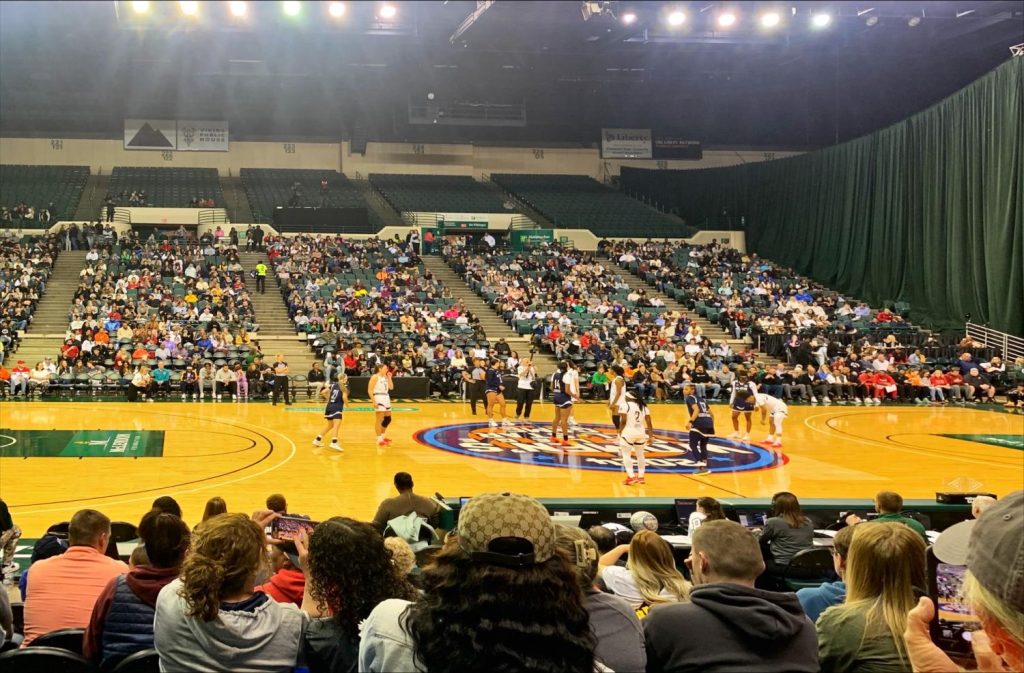
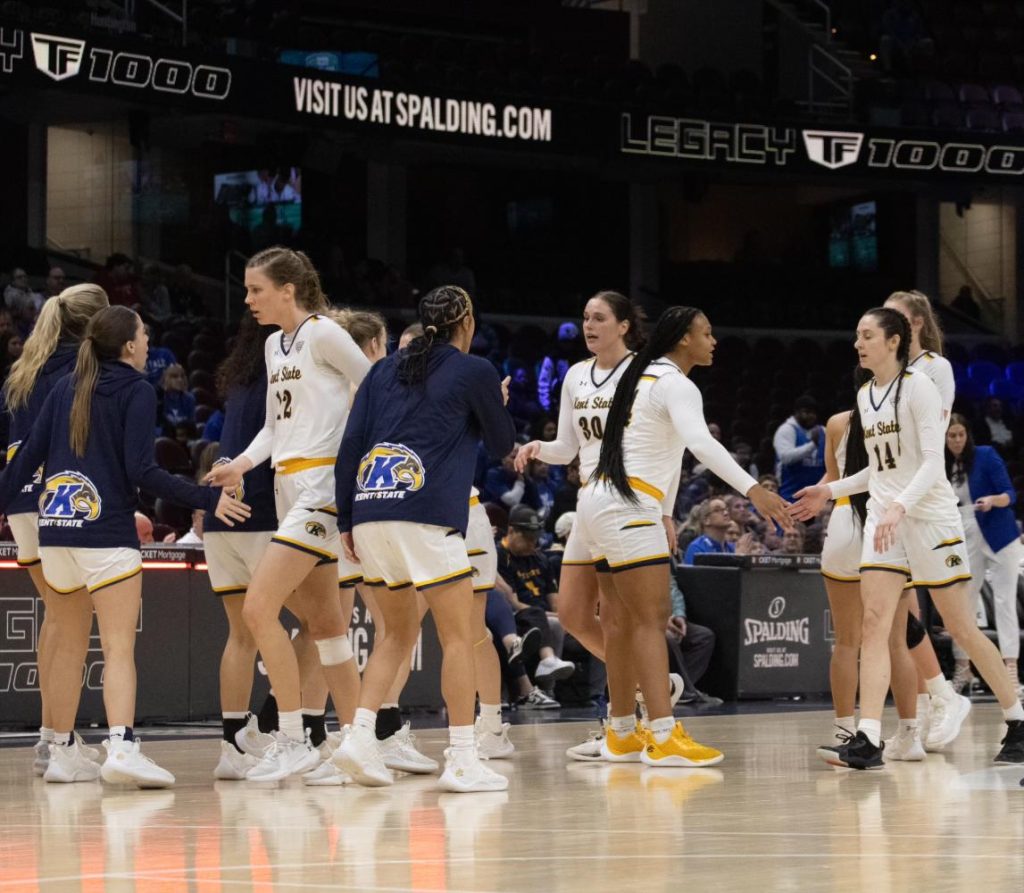
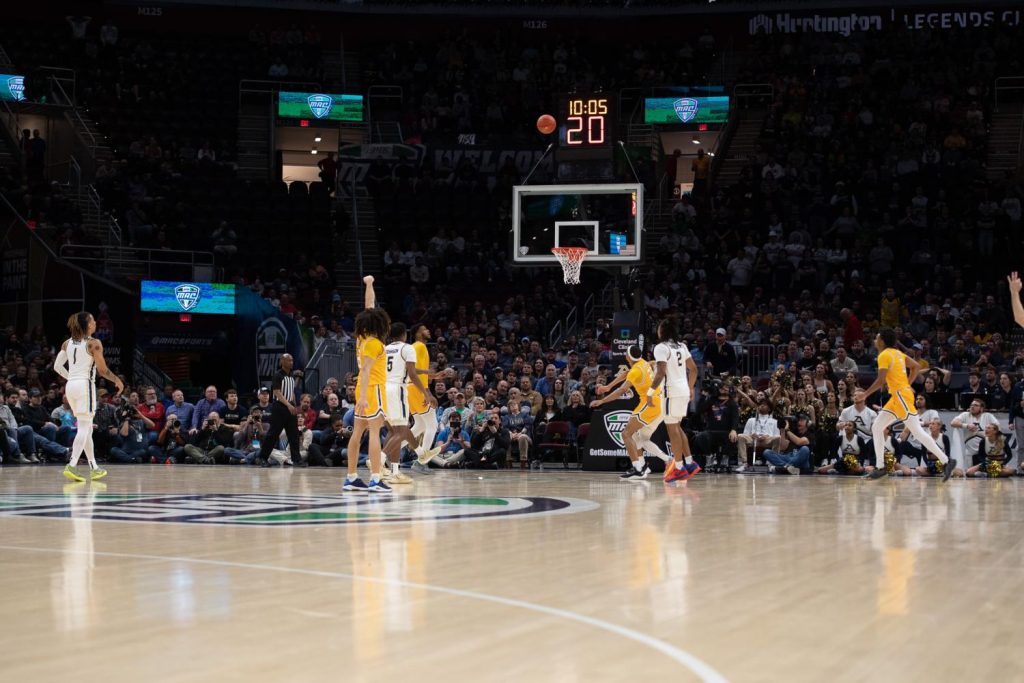
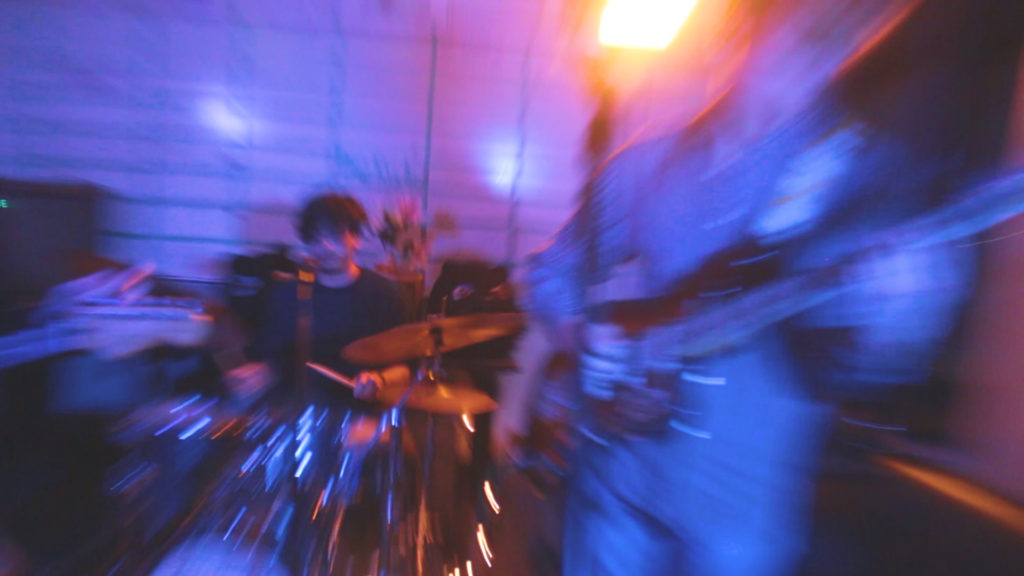
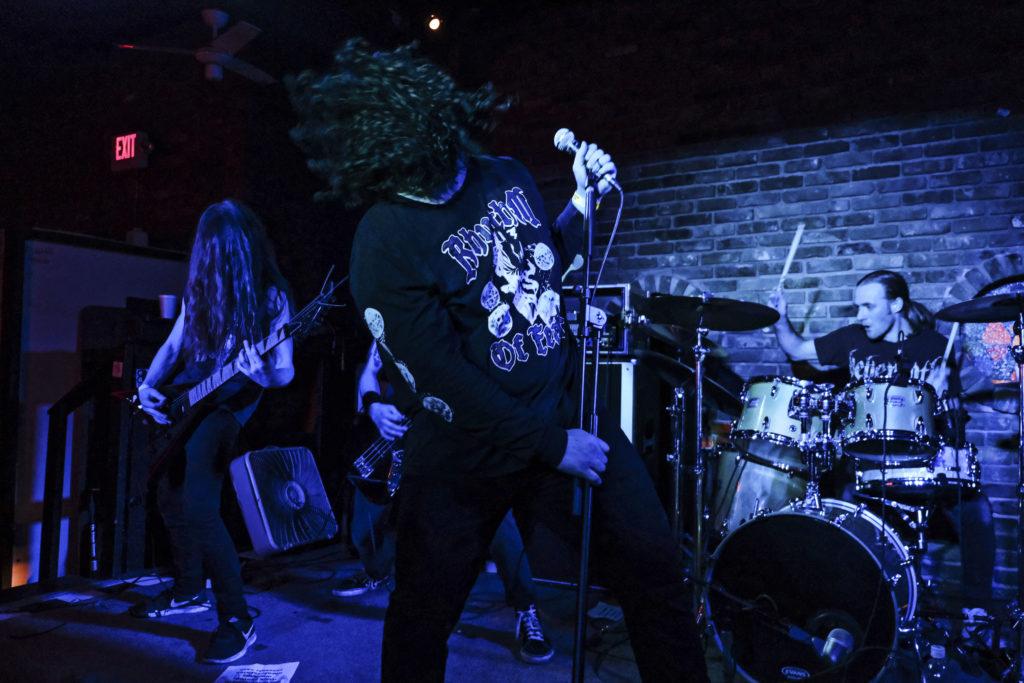
Pingback: